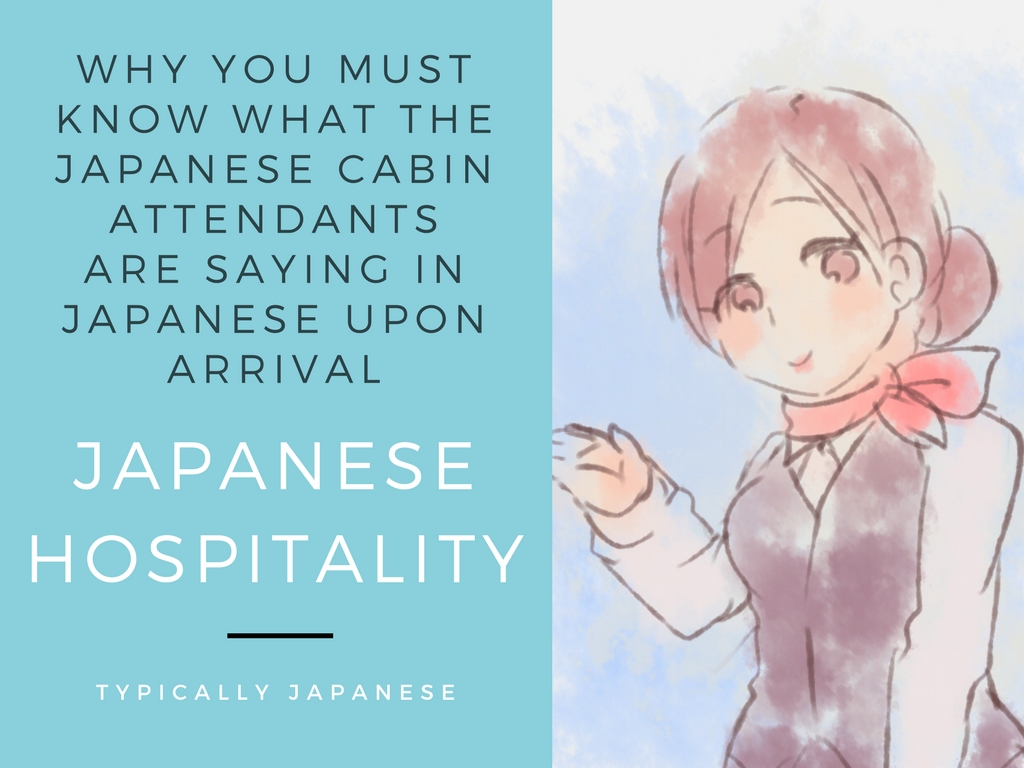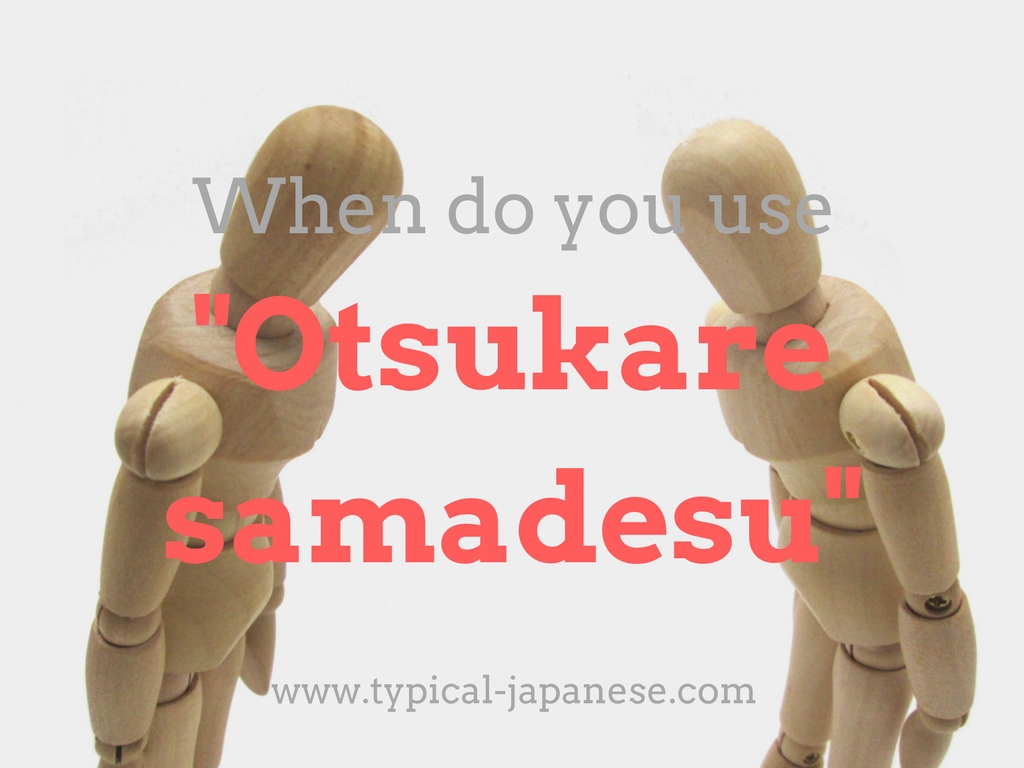Have you ever flew on JAL or ANA, and heard your cabin attendant saying all this and that in Japanese, then translating it in English, and the translation is just SO SHORT!!

I’ve always wished all the non-Japanese passengers would be able to understand all the things that’s been said by the Japanese-speaking flight attendant on Japanese airlines.
Why?
Because all the beautiful things being said in Japanese is always NOT translated into English!
So, let me blog about it here.
What are Japanese cabin attendants saying in Nihongo?
As your plane lands, be it JAL or ANA, a flight attendant would be saying something like this..
Ladies and gentlemen, we have just landed at Tokyo Internatinal Airport. Local time here is 8pm. Weather is fine, with temperature about 20 degrees Celsius, 68 degrees Fahrenheit. We wish you a pleasant stay in Tokyo. Thank you for choosing Japan Airlines, and our crew wish to fly with you again.
It’s something like this, isn’t it.
Well, she’s got all the thank yous and the important facts in here, but when you carefully listen to the Japanese announcement there is actually more to this. And I consider this as something really “Japanese” as another way of expressing OMOTENASHI as I will mention in another post.
Let me write in Japanese first, see if you can understand it (Good luck with the KANJIs!)
皆様、本機はただいま東京国際空港に着陸いたしました。時刻は午後8時、お天気は晴れ、気温20度となっております。いよいよ9月も折り返しますが、まだまだ残暑が厳しく秋の訪れを感じるのはもう少し先になりそうです。季節の変わり目、皆様お風邪などひかれませんようくれぐれも体調にお気を付けてお過ごしくださいませ。本日は日本航空をお選び頂きありがとうございました。またのご搭乗をお待ちしております。
Literally translated, this would become…
Ladies and gentlemen, we have just landed at Tokyo Internatinal Airport. Local time here is 8pm. Weather is fine, with temperature about 20 degrees Celsius, 68 degrees Fahrenheit. We are half thru September but it is still very hot, and we probably will not be able to hear the footsteps of Autumn until later on in our calendar. It is easy to catch a cold when the season changes. We hope everyone will take good care of themselves and stay healthy. Thank you for choosing Japan Airlines, and our crew wish to fly with you again.
You see the difference?
It’ not just a simple “have a pleasant day” and thank you very much.
When you carefully read through this, you will see 2 very “Japanese” things here.
1. Seasonal descriptions
Traditionally the Japanese culture cherishes it’s beautiful seasons. Fortunately, Japan can enjoy all four different seasons, and each of them very distinct. It is thought that the beautifully described seasonal blessings are a way of entertaining the listener/reader.
By carefully describing the season, the recipient can 1) imagine and enjoy the beauty of the season 2) get an idea of how the speaker/writer is doing by knowing what seasonal changes or blessings he is experiencing.
It’s a Japanese way of letting the guest know how you are.
2. Kind words of consideration
Japanese people are very kind. They really are. And again, this is also naturally blended into their language and you would often hear phrases that show warm consideration. One very popular and basic way of doing this is by kindly telling the person to take good care of himself and stay healthy. It is usually mentioned at times when the seasons change.
Not only this, but there are many everyday phrases and expressions in Japanese that show how you truly care about others. And they are frequently used as greeting words just as simple as a “hello”.
From Erika
But honestly, didn’t it feel a bit strange to read the longer English translation? It does sound a bit funny if the flight attendant starts saying “take care and stay healthy” in English.
So! THIS is “Japanese”. THIS is why they can’t translate it! The direct English translation sounds weird, but when in Japanese it sounds so caring and generous and this nuance is something that you can’t just learn in an instant. You will easily encounter many “caring” moments in Japan, and as you encounter more and more of these, you will at last truly understand the OMOTENASHI spirit that is so naturally blended into the culture.
Please share with me any inspirational moments you had flying with a Japanese airline:)
***


